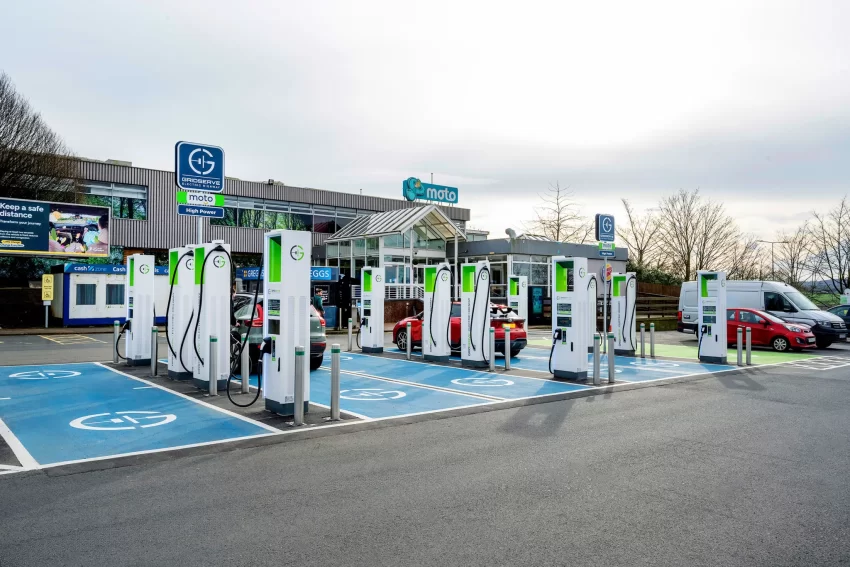UK charging network on track to meet 2030 target, say industry chiefs
The UK has almost one EV charger per vehicle and is set to ‘comfortably’ meet demand for new devices by 2030 , according to new figures.
There were 930,000 public, home and workplace chargers around the country at the end of June, compared with a total of around 1.1 million registered electric cars.
The figures were revealed by ChargeUK, an industry body which represents 40 of the biggest chargepoint installers and operators, in a new white paper looking at the current and future charging provision.
Its findings showed that charge point numbers have doubled in the past two years and, on average, a new charger was installed every 26 minutes in the second quarter of 2024. According to the paper, current infrastructure can provide enough power to enable every EV in the UK to drive 580 miles a day – 25 times the average daily car journey.
The paper also said that, based on current levels of infrastructure growth and predicted vehicle volumes, the UK will ‘comfortably’ have enough public and private chargers to meet demand in 2030, with more than 300,000 devices.
Charger provision is often held up as a factor holding drivers back from switching to an EV but ChargeUK’s CEO, Vicky Read, said the research showed the infrastructure was already in place to support the move.
She commented: “In little more than a decade, the UK’s charging sector has grown to become a major player in the green economy, providing the infrastructure that more than a million EV drivers rely on today and scaling fast to deliver the charging needed through to 2030 and beyond.
“Convenient and affordable charging for all is key to the UK’s switch to EVs. This new analysis will give current and future EV drivers confidence that the charging infrastructure will be there for them.”
The Labour government has pledged to move the ban on new petrol and diesel car sales back to 2030 after the previous administration pushed it to 2035. Despite this potential shift, ChargeUK said the infrastructure could be in place in time. However, it warned that delays around planning and permits, grid connections and government funding for local councils schemes could slow the roll-out.
Read noted: “While the outlook is positive, there is still work to be done. Delivering what the UK needs by 2030 means continuing to grow at pace, ensuring that deployment ramps up in locations that have been hampered by delays, and ensuring the UK has a thriving EV market, so that investment in infrastructure continues at scale.”
“ChargeUK’s members are committed to this, but we cannot do this without the backing of the new government, who we call on take the steps needed to remove delivery barriers, help us offer affordable charging and support our investment, as set out in our manifesto.”






